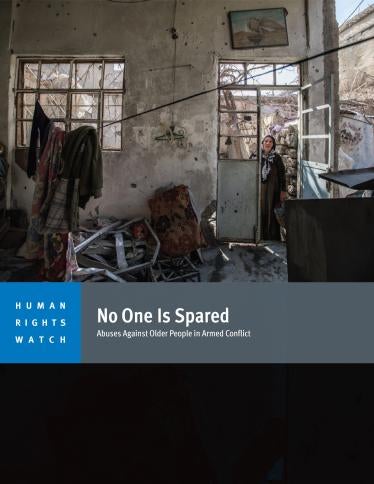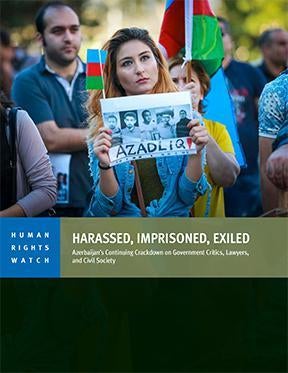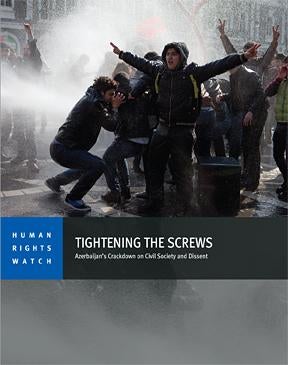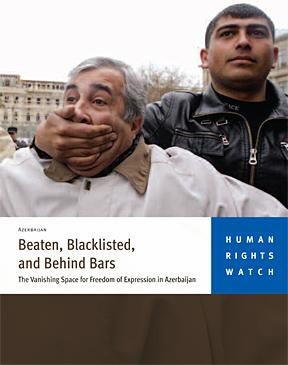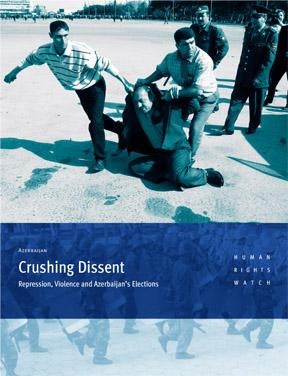“We Try to Stay Invisible”
Azerbaijan's Escalating Crackdown on Critics and Civil Society
The 74-page report, “‘We Try to Stay Invisible’: Azerbaijan's Escalating Crackdown on Critics and Civil Society,” documents the government’s concerted efforts to decimate civil society and silence its critics. The authorities have arrested dozens of people on politically motivated, bogus criminal charges. They have also arbitrarily enforced repressive laws that push independent groups and media to the margins of the law, heightening their vulnerability to retaliatory criminal prosecution. The groups documented 33 prominent cases of criminal prosecution, detention, and harassment. They found that Azerbaijani authorities have deliberately misused laws regulating nongovernmental organizations (NGOs) to deny certain groups registration and funding, exposing people affiliated with them to criminal charges.


